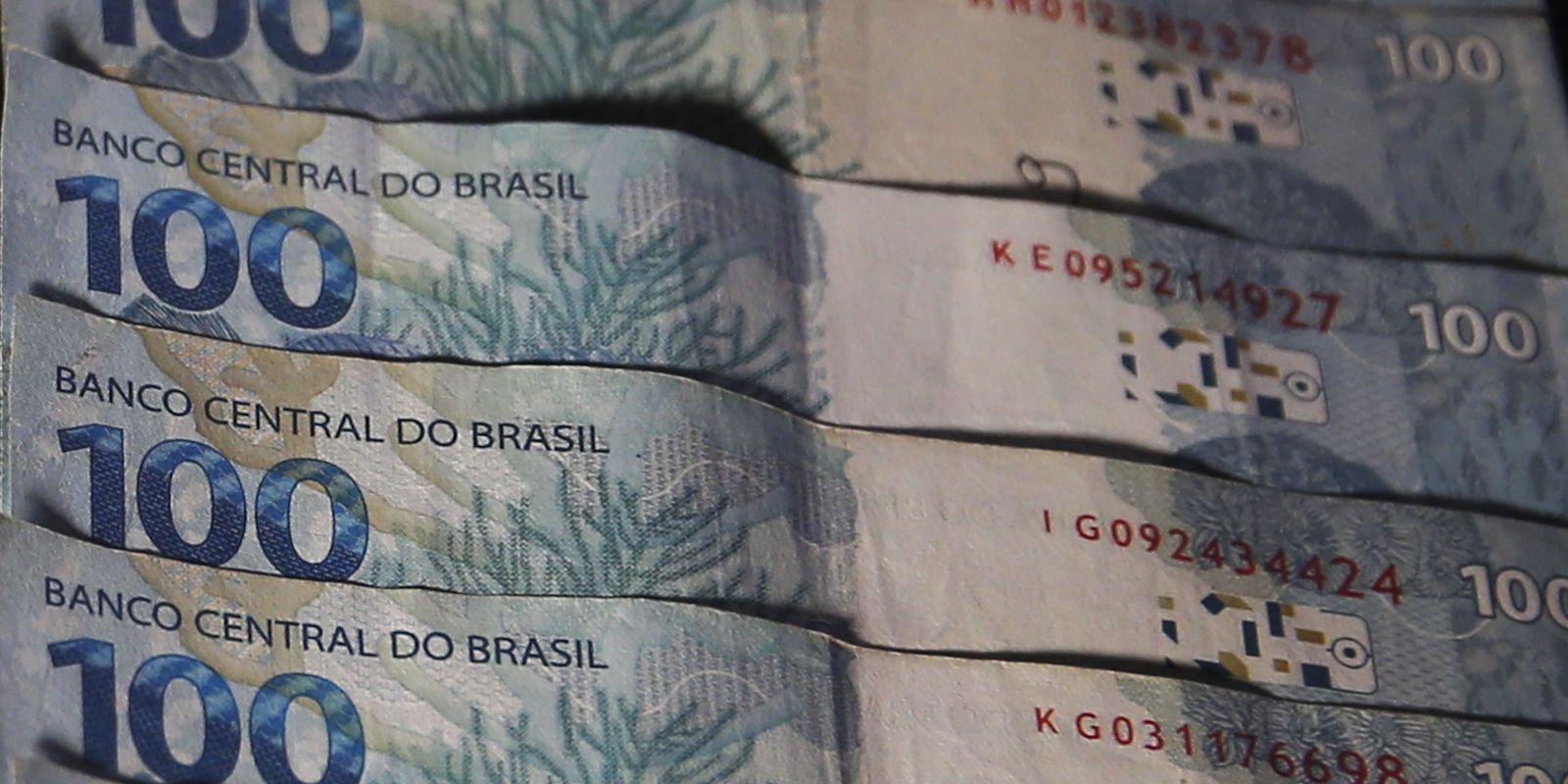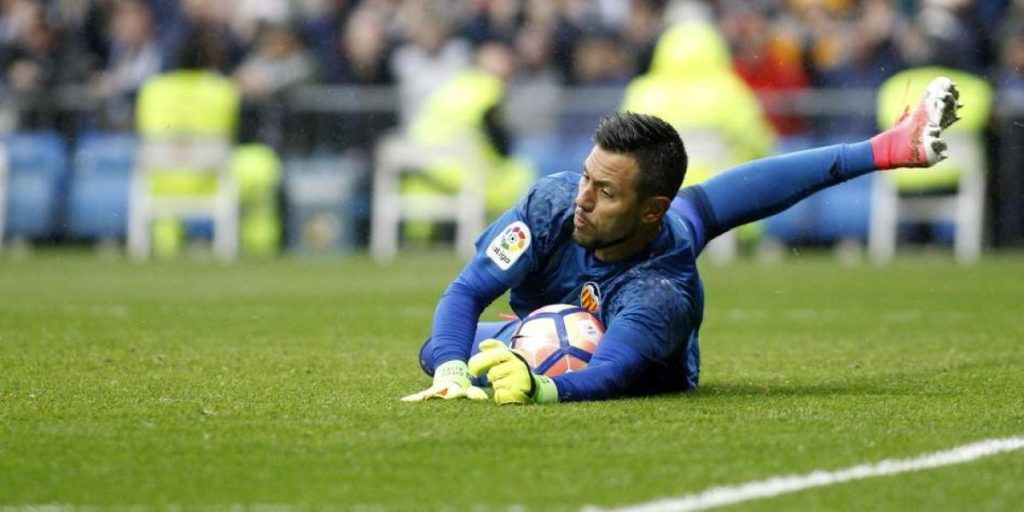Sanctioned last week, the special renegotiation of state debt In the worst case scenario, it will generate a negative impact of up to R$105.9 billion from 2025 to 2029 for the federal government’s debt. In the best scenario, the Union will raise up to R$5.5 billion in the same period.
The estimates were released this Tuesday (21) by the National Treasury. In the negative scenario, the Treasury considers that the states will not transfer assets (such as local state-owned companies) to the Union and the debt balance will be adjusted by real interest (above inflation) of 2% per year.
In the most favorable scenario, in addition to the transfer of assets to the Union, provided for in the special program, states will be able to amortize the debt in the first five years. In this case, the Treasury considered that the outstanding balance could be reduced by up to 20% with real interest of 0%. For the impact to be positive, states must transfer more than R$160 billion in assets to the federal government, a hypothesis considered optimistic by the Treasury.
The two scenarios, admitted the Treasury in a technical note, are extreme. In practice, states must opt for different combinations of the possibilities offered by the State Debt Payment Program (Propag), which makes it impossible to calculate all possible situations.
“For states that join the program, there are substantial advantages in reducing payment flows and balancing their public accounts in the medium and long term. In addition to the aforementioned gains, there are direct advantages for society, with regard to the creation of new investments in essential areas, such as vocational education linked to secondary education, sanitation, housing, environmental policies, transport and public safety”, highlighted the Treasury in the document.
Public debt
In all cases, the Treasury clarifies, there will be no impact on the primary result targets (result of government accounts without interest on public debt). The impact on the Union’s accounts will be financial, with effects on public debt and without interference in the government’s annual budgets.
When sanctioning the law, President Luiz Inácio Lula da Silva vetoed measures that could have an impact on the primary result. However, opposition governors are pushing for the vetoes to be overturned in Congress, which requires votes from at least two-thirds of deputies and senators.
Propaganda
States have until December 31st to join Propag. The law allows entities to pay these debts within 30 years and with interest of 0% to 2% per year above inflation. The debt may be partially reduced according to the delivery of assets to the federal government, investment commitments made and contributions to the Federal Equalization Fund, through which states in a bad fiscal situation will compensate states with a good fiscal situation.
Last year, the government had proposed that states that invested in education would pay less interest. Congress abandoned the proposal and voted on Pacheco’s project, which allows states that join Propag to prioritize investments in education, sanitation, infrastructure and security with the money they will save on interest payments.















